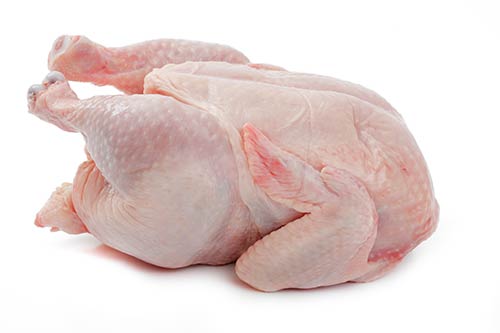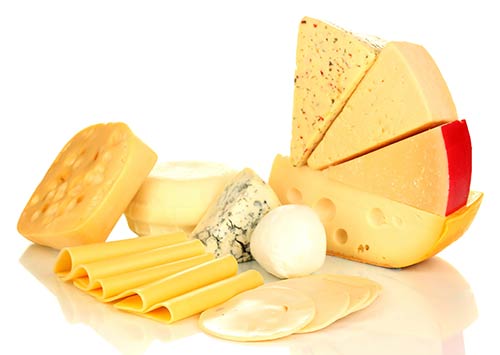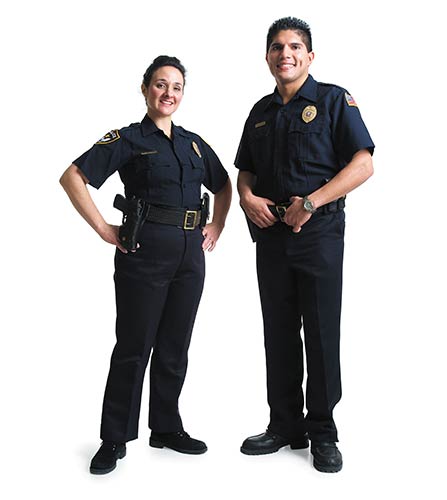waiter
A man who serves food and drink at the tables in a restaurant

پیشخدمت مرد
The waiter was very polite.
گارسون (مرد) خیلی مؤدب بود.
Oxford Essential Dictionary
waiter
noun
a man who brings food and drink to your table in a restaurant
Longman Dictionary of Contemporary English
waiter
wait‧er /ˈweɪtə $ -ər/ BrE AmE noun [countable]
a man who serves food and drink at the tables in a restaurant
Oxford Advanced Learner's Dictionary
waiter
wait·er [waiter waiters] [ˈweɪtə(r)] [ˈweɪtər] (feminine wait·ress) noun
a person whose job is to serve customers at their tables in a restaurant, etc
• I'll ask the waitress for the bill.
• Waiter, could you bring me some water?
see also dumb waiter, server
More About:
gender
Ways of talking about men and women
When you are writing or speaking English it is important to use language that includes both men and women equally. Some people may be very offended if you do not.The human race
Man and mankind have traditionally been used to mean ‘all men and women’. Many people now prefer to use humanity, the human race, human beings or people.Jobs
The suffix -ess in names of occupations such as actress, hostess and waitress shows that the person doing the job is a woman. Many people now avoid these. Instead you can use actor or host, (although actress and hostess are still very common) or a neutral word, such as server for waiter and waitress.
Neutral words like assistant, worker, person or officer are now often used instead of -man or -woman in the names of jobs. For example, you can use police officer instead of policeman or policewoman, and spokesperson instead of spokesman or spokeswoman. Neutral words are very common in newspapers, on television and radio and in official writing, in both BrE and NAmE.
When talking about jobs that are traditionally done by the other sex, some people say: a male secretary/nurse/model (NOT man) or a woman/female doctor/barrister/driver. However this is now not usually used unless you need to emphasize which sex the person is, or it is still unusual for the job to be done by a man/woman: ▪ My daughter prefers to see a woman doctor. ◊ ▪ They have a male nanny for their kids. ◊ ▪ a female racing driver Pronouns
He used to be considered to cover both men and women: ▪ Everyone needs to feel he is loved. This is not now acceptable. Instead, after everybody, everyone, anybody, anyone, somebody, someone, etc. one of the plural pronouns they, them, and their is often used: ▪ Does everybody know what they want? ◊ ▪ Somebody’s left their coat here. ◊ ▪ I hope nobody’s forgotten to bring their passport with them.
Some people prefer to use he or she, his or her, or him or her in speech and writing: ▪ Everyone knows what’s best for him or herself. He/she or (s)he can also be used in writing: ▪ If in doubt, ask your doctor. He/she can give you more information. (You may find that some writers just use ‘she’.) These uses can seem awkward when they are used a lot. It is better to try to change the sentence, using a plural noun. Instead of saying: ▪ A baby cries when he or she is tired you can say ▪ Babies cry when they are tired.
Cambridge Advanced Learner's Dictionary
Cambridge Advanced Learner's Dictionary - 4th Edition
waiter / weɪ.tə r / / -t̬ɚ / noun [ C ]
A1 a man whose job is to bring the food to customers at their tables in a restaurant
© Cambridge University Press 2013
Collins COBUILD Advanced Learner’s English Dictionary
waiter
/weɪtə(r)/
(waiters)
A waiter is a man who works in a restaurant, serving people with food and drink.
N-COUNT
Merriam-Webster's Advanced Learner's Dictionary
waiter
wait·er /ˈweɪtɚ/ noun, pl -ers [count] : a man who serves food or drinks to people in a restaurant













